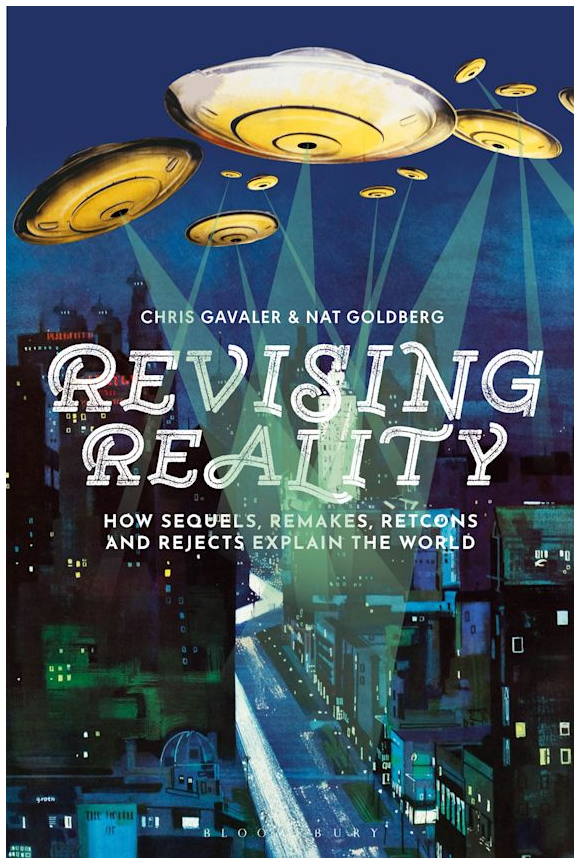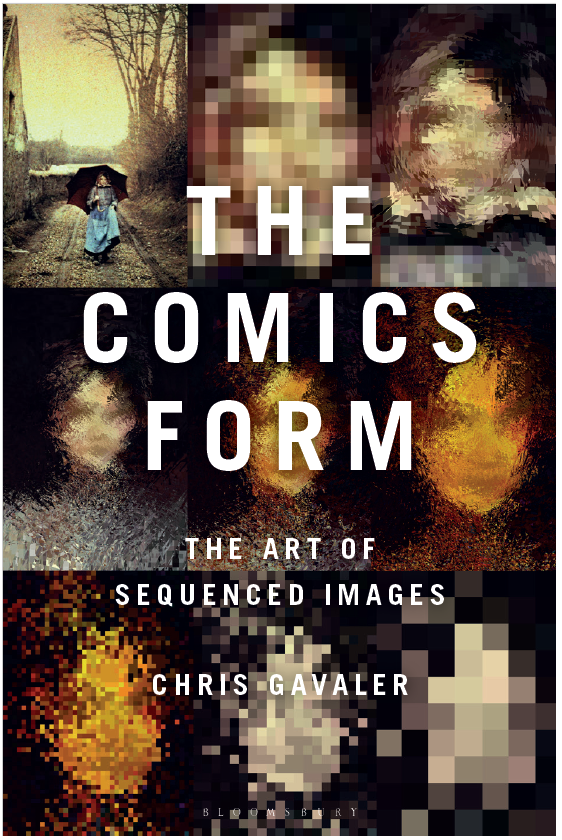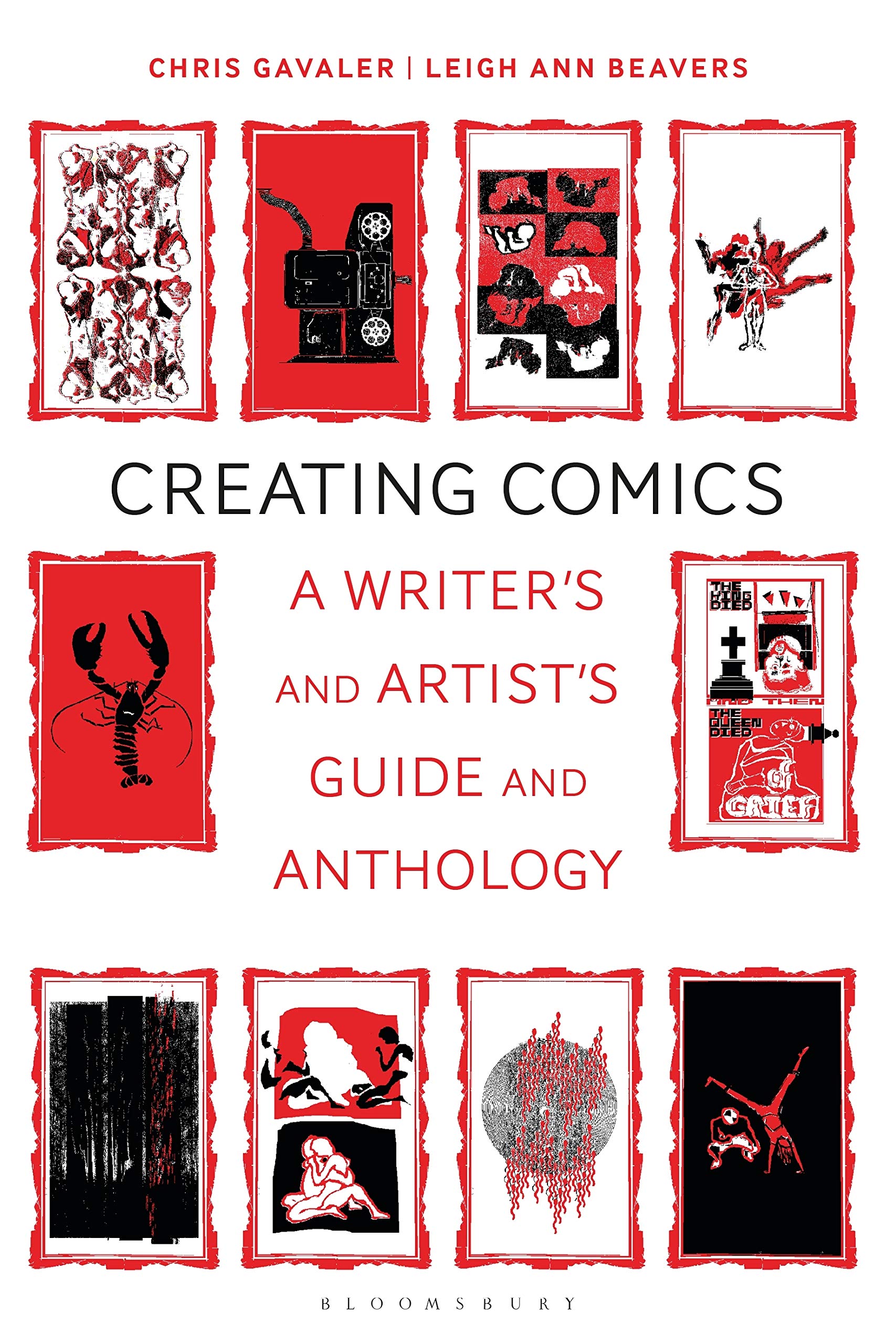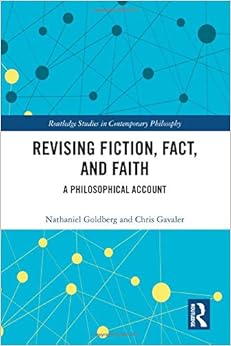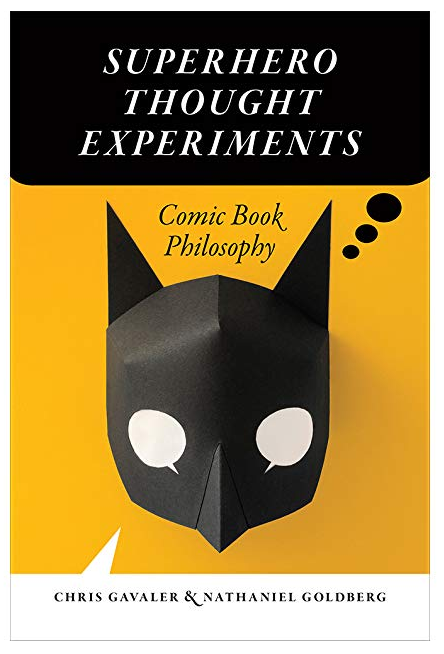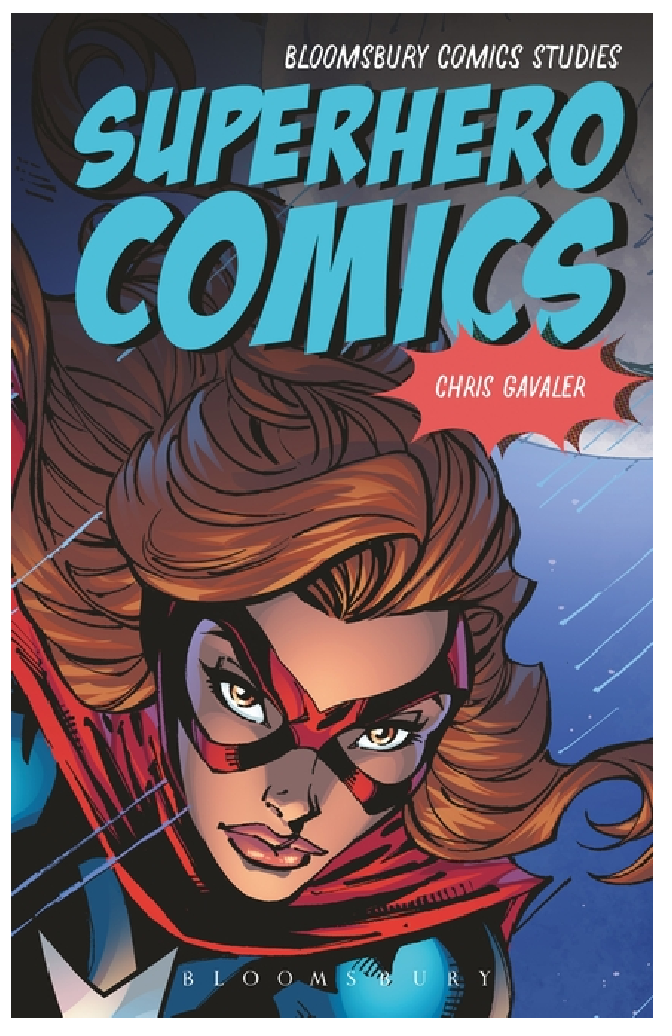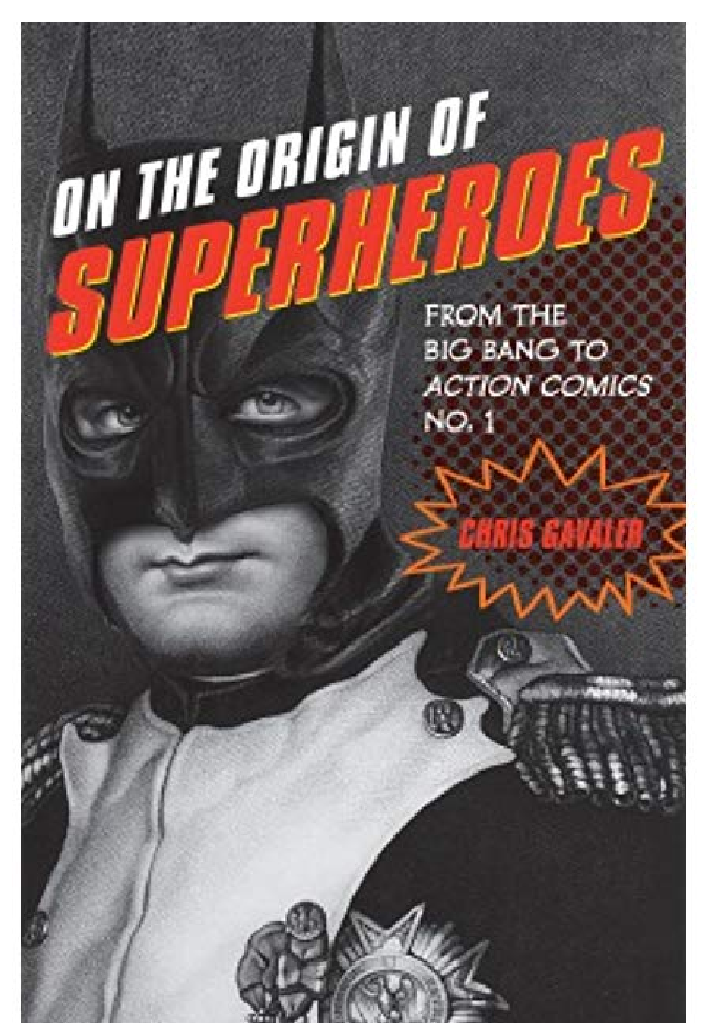Tag Archives: Octavia Butler Fledgling
November 26, 2012 The Good Rapist
I’m pretty sure I saw the first Twilight movie. Though I might have it confused with a really good parody my daughter showed me on Youtube (Edward was Santa Claus). I started reading the novel too, in an attempt to understand what was enthralling my then tween daughter. I set her copy down just before the baseball scene. That was maybe four years ago.
So I am no expert on things Twilight. And yet I feel I have inhaled more than my fair share of Edward Cullen from our cultural ecosystem. If I recall correctly, Ms. Meyer paints him in superhero shades, a cursed but noble superhuman who uses his powers for good. It was, for example, very noble of him not to kill and eat Bella when she smelled so delicious in science class. That’s some serious restraint for a soulless monster who literally lives to devour women.
But he’s not the first. Edward might not literally have a soul, but his soulful self-restraint recalls a colony of similarly abstinent vampire hunks. The BBC’s Being Human featured three seasons of the AA-esque Mitchell struggling to stay on the blood-sucking wagon, followed by season four’s equally valiant and tortured Hal. Before Joss Whedon turned his attention to men in leotards, the Buffy the Vampire Slayer creator sired not one but two vampires-with-a-soul, the angsty Angel and the bad boy Spike.
But Buffy owes both those lovers and most of her name to Marv Wolfman and Gene Colan, who introduced Blade the Vampire-Hunter to readers of Marvel’s Tomb of Dracula back in 1973. Though soulless as any other blood-sucker, Blade kept his vampire virginity and so earns the all-time abstinence award.
But he’s still not the first vampire trying to be good. That goes to Barnabas Collins of the 1966-71 soap opera Dark Shadows. Introduced as a temporary side character, the lovelorn Barnabas saved the show from cancellation and was soon taking a serum to restore his humanity. (Something Johnny Depp finished for him earlier this year.)
With a few very notable exceptions (Le Fanu’s 1872 “Carmilla,” Catharine Deneuve in The Hunger), vampires are men. Octavia Butler’s Shori from her novel Fledgling is a personal favorite, the proverbial rule-proving exception. “Most vampires,” Butler told an interviewer, “I have discovered are men for some reason. I guess it’s because Dracula; people are kind of feeding off that.”
Feeding indeed.
When I taught Fledgling in my contemporary novel class (Thrilling Tales), I asked my students to describe a typical vampire.
“A guy who hides in the shadows and jumps out and bites women.”
And what would you have if you took out the fangs?
After a moment of awkward mumbling, an intrepid senior spelled it out: “A rapist.”
The first was Lord Byron. Or “Lord Ruthven,” as Byron’s personal physician, John William Polidori, thinly disguised him in his 1819 short story “The Vampyre” (begun by Bryon during the ghost story gathering that also spawned Mary Shelly’s Frankenstein). Polidori plucked the vampire from eastern European folklore and recast him as a seductive aristocrat feeding on high society women. In other words, Lord Byron. “The Vampyre” sparked the first vampire craze (imagine Edward Cullen singing in two simultaneous opera adaptations) and the enduring undead genre.
Byron, of course, did not have fangs. Just a penis. Which remains the not particularly veiled subtext of most vampire plots. Stoker’s Dracula is about a foreigner buying the house next door and penetrating the neighborhood’s daughters and fiancés. It’s also about property. Women, like other Victorian real estate, do nothing but lie very still while men make their transactions.
Which, oddly, is why I think the genre has endured. The figure of the seducer opens one of culture’s favorite taboos: women’s pleasure. We’re less terrified of the topic than the Victorians, but not as much as you’d like to think. A lunch table of high school girls knows that sex drive is supposed to be a boy thing.
Which is why vampires are so useful. If you’re being seduced by superhuman means, how can you be expected to defend yourself? Your failure to resist your sexy attacker isn’t your fault. All you can do is lie back and remain innocent.
And if it feels good? Well, that’s not anybody’s fault either.
And, since you’re enthralled and all, who can object if some of that vampire urgency seeps into your own blood?
Which brings us back to Edward and his neutered cousins. Remember how startled he and Bella were the first time they kissed? How she was the one overcome with passion? It’s as if the laws of thermodynamics apply to arousal. Bella’s longing is possible to the degree that Edward suppresses his. If you tame the rapist, you claim his libido for yourself.
My tween daughter started reading the Twilight series because her older friends were, girls she literally looked up to, young women now in their second years of college. My daughter now admits that she liked boys in elementary and middle school, but that she didn’t have the slightest idea how to talk to one, only stare creepily from across a science classroom. That’s where Twilight came in. And Vampire Academy, and House of Night, and the other books I kept buying her for birthdays and Christmases.
Edward and his clan have something to teach boys too. Culturally, we tell young men they’re supposed to have voracious appetites. That they’re supposed to value sex over the body they happen to be having it with. That a penis really isn’t all that different from a set of fangs.
Edward and Angel and Mitch and Barnabas and Hal and Blade and Spike, they’re a reminder that being male isn’t permission to think like a rapist. Grow a soul, boys. Join the human race. Joss Whedon (did I mention he majored in Women’s Studies?) played out this plot best, evolving Spike from literal rapist to president of the tortured soul club over the course of seven seasons. But he never dumped the leather jacket. Even reformed bad boys are allowed to keep a little of their signature badness.
I’m not necessarily endorsing vampire sex. But it has its uses, a kind of safe sex practice zone of the pubescent imagination. My daughter has since outgrown vampires, even regards her former Twilight obsession with a sophomore’s embarrassment. Which I suppose should alarm me more. What does it mean when you’re done with metaphorical sex?
She saw the first half of Breaking Dawn last year with her boyfriend, who apparently has a blood phobia and had to leave for a light-headed stroll in the theater lobby.
That’s the kind of vampire a father has to like.
Tags: Being Human, Blade, Buffy the Vampire Slayer, Dark Shadows, Joss Whedon, Lord Byron, Octavia Butler Fledgling, Polidori The Vampyre, Twilight, vampire sex
- 1 comment
- Posted under Uncategorized

















